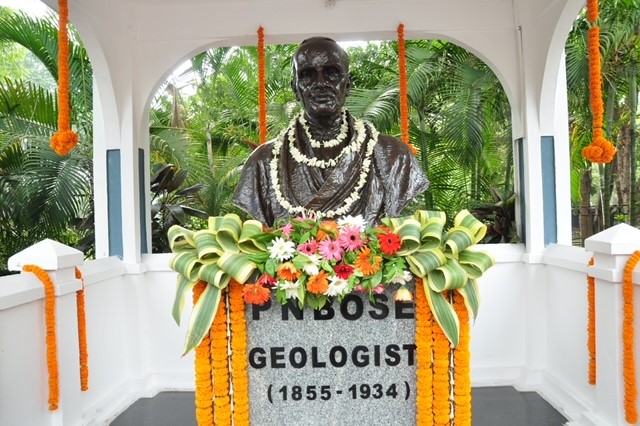Jamshedpur

Pramatha Nath Bose was a pioneering geologist whose early years in the village of Gaipur, West Bengal, profoundly shaped his lifelong passion for Earth sciences. His close bond with nature during this time inspired him to pursue a career in geology. Educated at Krishnagar and St. Xavier’s College, he won a Gilchrist Scholarship in 1874 and attended the Royal School of Mines in London. Upon returning to India, he joined the Geological Survey of India, where his work included fossil studies in the Siwalik Hills, petroleum exploration in Assam, and mineral surveys across Central India and the Shillong Plateau.
A nationalist at heart, Bose was heavily influenced by the Swadeshi Movement and believed in using scientific knowledge to drive India’s progress. His deep commitment to national development was evident in two key areas: promoting education under Indian control and advocating for the country’s industrialisation. He played a pivotal role in establishing the Bengal Technical Institute—now known as Jadavpur University—and served as its first honorary principal.
Bose was also one of the first to challenge colonial perceptions of Indian inferiority in science. He believed in the potential of Indian scientists and openly opposed Lord Curzon’s efforts to hinder J N Tata’s vision for the Indian Institute of Science.
Perhaps his most enduring contribution was laying the foundation for India’s steel industry. Bose brought a rich deposit of iron ore in Mayurbhanj to J N Tata’s attention, which directly influenced the establishment of Tata Steel in Jamshedpur, India’s first integrated steel plant. As Dr Rajendra Prasad noted, Bose recognised the transformative power of industrial development in alleviating poverty and enhancing national strength.
Through knowledge, leadership, and vision, P N Bose became a cornerstone in India’s journey toward industrial self-reliance.



